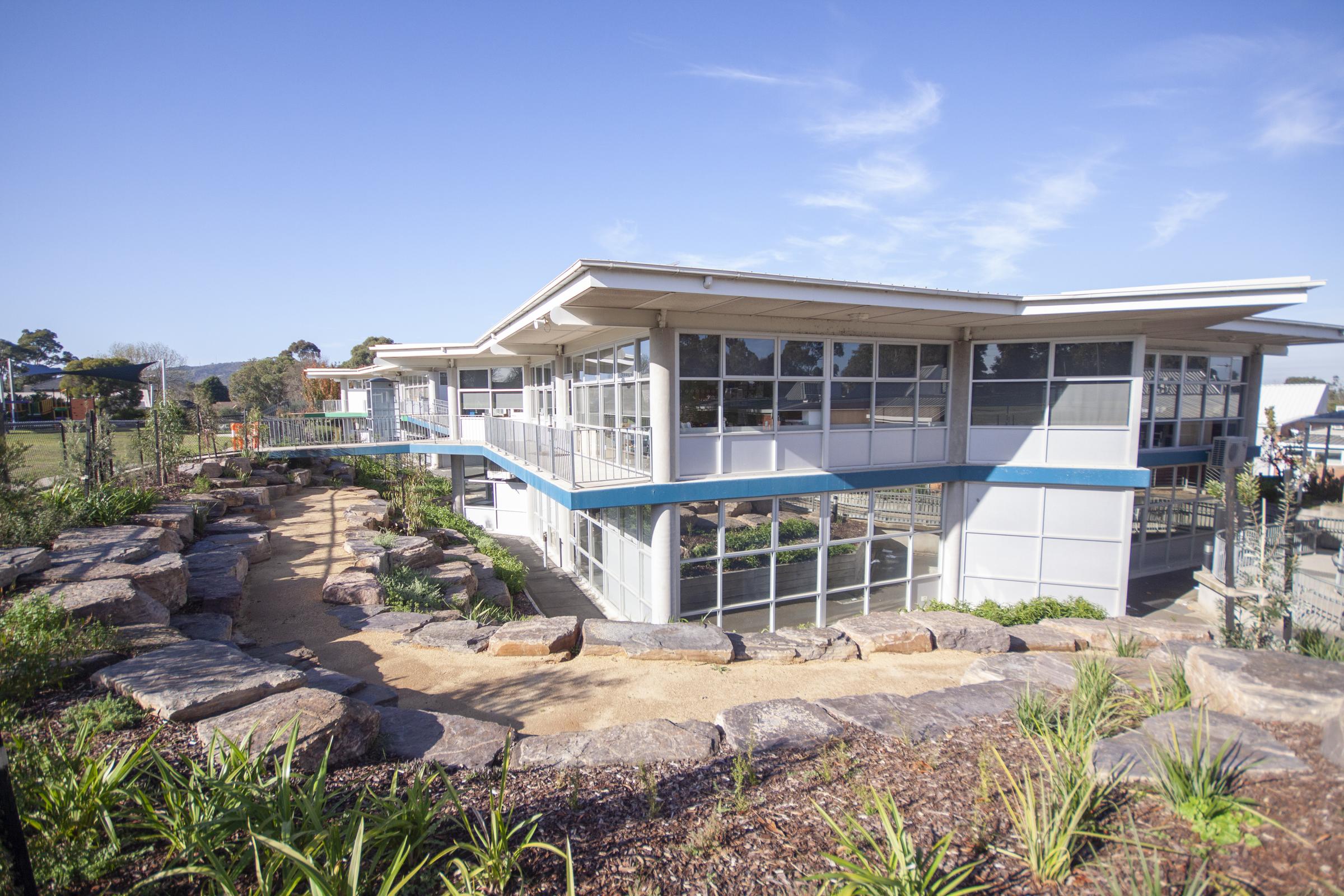
Wellbeing News
We look forward to the return of all students next week with much excitement! We understand however, that after a long period of remote learning and absence from the school site, some students may find the return to school challenging. We have included a number of resources and tips below that could be used to help support your child with the transition back to school.
Returning to school: 7 tips for parents/carers to help children cope (Primary)
Adapted from: Parent Zone
After months of remote learning and a range of COVID19 restrictions, children will be returning to school routines, classrooms, classmates, teachers, expectations and, in some cases, even new school settings.
Amid the anticipation and excitement many children are feeling, for some, leaving the home learning routine and environment may create anxiety for a range of reasons including: the ongoing uncertainty of COVID19; social distancing and hygiene measures in place; family circumstances related to health; grief associated with a recent loss; or economic circumstances.
To prepare and support students’ return to onsite learning and the school/classroom environment, consider the following tips:
1. Talk to your children about how they feel
- It is important to encourage children to discuss their feelings about returning to school.
- If they feel anxious or worried, help them understand this is perfectly normal, and that you and their teachers are there to support them.
- Although difficult, try not to share any anxiety you may be feeling with your children.
- Bear in mind that your child may be returning to a pre-existing issue from before remote learning – for example, a bullying or relationship issue, or difficulty with school work or staff – or they may be preparing for the transition to secondary school.
- Try to give them a non-judgemental and supportive place to share any worries. Younger children, in particular, may not always have the words to express their feelings, so try to find a way of bringing up the conversation without putting pressure on them – for instance when you’re playing with them or going for a walk. This can help them to open up naturally and identify what they’re worried about.
2. Pack right, pack light
- Your school will have been in touch to let you know what your child should and shouldn’t bring on their return. Eg. bring an individual water bottle.
- Make sure you have checked with your school about what they need in order to make your child’s day easier.
3. Support children to understand the school procedures
- Your school will also have been in touch to explain various procedures in place – such as entry points, break times and hand washing routines.
- If you haven’t received this information or are unsure you should contact your school office.
- It will be important for your child to understand social distancing and hygiene rules and, importantly, why they are in place.
- Read school communications with your child and make sure they are prepared and know what to expect when they arrive at school.
4. Familiarise yourself with school procedures
- You’ll need to know where and when to drop children off and pick them up, as well as what parts of the school you can access.
- If your child travels to/from school independently, including on public transport, you should talk to your child about getting to and from school, including observing the directions of Victoria’s Chief Health Officer (ie. social distancing, group gatherings).
- Your child will be expecting you at the end of the day so make sure you, or whoever is collecting them, are there in the right place at the right time.
- If your child travels home independently, make sure you, or another carer, is there to welcome them home and check-in about their day.
5. End of day emotions
- For younger children in particular, a school day can require a lot of self-regulation or compressed behaviour, which can lead to tired and emotional outbursts later on in the day.
- Given the length of remote learning and new school safety procedures in place, these emotions may be hard to cope with when they return home.
- It is a good idea to keep this in mind, and allow some time for ‘letting off steam’ by encouraging children to unwind and play outdoors.
6. Stay informed
- Given the long absence from school, there may be a period of readjustment.
- Discuss and affirm familiar routines and school expectations regarding uniform, grooming, attendance and participation to help your child reconnect with their school community.
- There may be fresh challenges for your child, from working with new classmates and teachers, to coping with their work and school expectations / ‘rules’.
- Try to stay informed about how they are getting on – but if you are concerned, contact the school office about speaking to the class teacher.
7. Sleep and rest
- Your children may have been getting used to some unusual hours during the remote learning period and that may have extended into the school holidays.
- Make sure children are getting a good night’s sleep for their return to school.
- It might mean introducing some earlier bedtimes than they have had recently and limiting screen time.
- A good night’s rest will help them cope with the return to school and the new routines they will be adapting to.
In the following clip, Dr Jess Richardson. principal clinical psychologist (National & Specialist CAMHS and Maudsley), provides suggestions for dealing with potential apprehension or anxiety children may experience on returning to school.
Knox City Council - COVID 19 Community and Welfare Relief Service Providers
The Knox City Council has a range of service providers available to provide support and relief throughout the current Covid-19 crises. Please reach out to these organisations if you are in need of assistance during this time.
Nicole O’Sullivan
Student Wellbeing and Learning Diversity Leader

